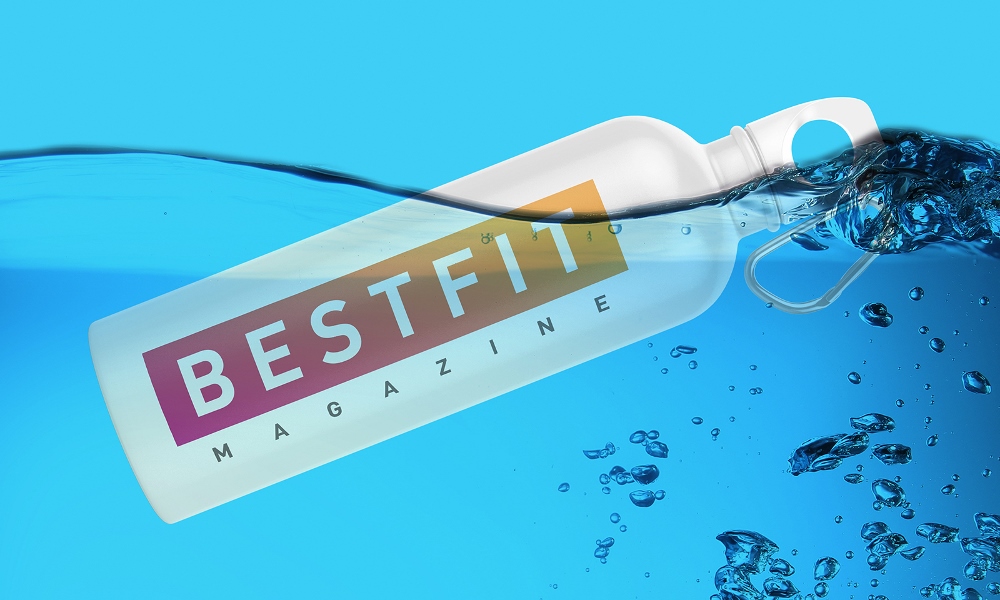Dr Emma dishes out nutrition advice, answering your questions!
Dr Emma dishes out nutrition advice, answering your questions!
Share
DR EMMA
You ask the questions
When it comes to nutrition, it’s hard to know what’s best for you body. So we asked our very own Dr Emma Kirke to answer your questions on BESTFIT TV. No fake news, just top advice. Listen up…
Are unsaturated fats good for me?
An unsaturated fat is a fat or fatty acid in which there is at least one double bond within the fatty acid chain. A fatty acid chain is mono-unsaturated if it contains one double bond, and polyunsaturated if it contains more than one double bond. Unsaturated fats are considered the ‘healthy’ fats and are encouraged as part of a healthy diet. These fats can help reduce heart disease and lower cholesterol levels. Example foods include almonds, avocado, walnuts, sardines, seeds, hazelnuts, macadamia nuts, salmon and flax seeds.
How many vegetables should I eat a day?
Vegetables should be one of the most important ingredients in your life. We’re recommended to have five portions a day, with some saying that should now be seven. Whatever you do, add variety. The more colours you eat, the more phytonutrients you’ll be consuming. You can purchase ‘super greens’ powders now to supplement your diet, especially if it is lacking in any particular area.
How much water is the correct amount to drink per day?
Government guidelines say that we should drink eight glasses of water a day. However, your size, the temperature and how active you are can all make a difference (so if you’re exercising a lot on a hot day, you’ll need to drink more).
You get about 20% of your water every day through food, so a general rule is to drink two litres of water a day. This is the equivalent to three-and-a-half pints. If you’re feeling thirsty you’re already dehydrated, so don’t wait until you need a drink. Sip small amounts throughout the day to keep yourself hydrated. You can actually drink too much water; it can apparently lead to excessive sweating, insomnia and even death.
Is Xylitol a good alternative to sugar?
Xylitol is a naturally occurring alcohol found in most plant materials, including many fruits and vegetables.
It is extracted from birch wood to make medicine. Xylitol is widely used as a sugar substitute and in ‘sugar-free’ chewing gums, mints, and other sweets. It can be used as a ‘healthier’ version of a cake or in baking.
Is yoghurt really as good as they say it is?
Yoghurt was one of the very first ‘health’ foods, and it’s still one of the best. It’s high in the calcium needed to build healthy bones, supplies the B vitamins B12 and folic acid that help build a healthy blood supply, and they can contain ‘friendly’ bacteria which can assist in keeping a healthy gut. But some yoghurt is high in hidden sugars, so be wise in your choices if you decide to include this in your meal plan. There are also less traditional ‘yoghurts’ on the market nowadays, which can be made from keffir, coconut and soy products.
Why is zinc essential?
Zinc is called an ‘essential trace element’ because very small amounts of zinc are necessary for human health.
A zinc deficiency can result include stunted growth and acute diarrhoea in children, and slow wound healing. Oysters contain more than any other food (74 mg/serving), but red meat and poultry provide the majority of zinc in our diets. Other food sources high in zinc include beans, nuts, whole grains, fortified breakfast cereals and dairy products.

















FOLLOW BESTFIT